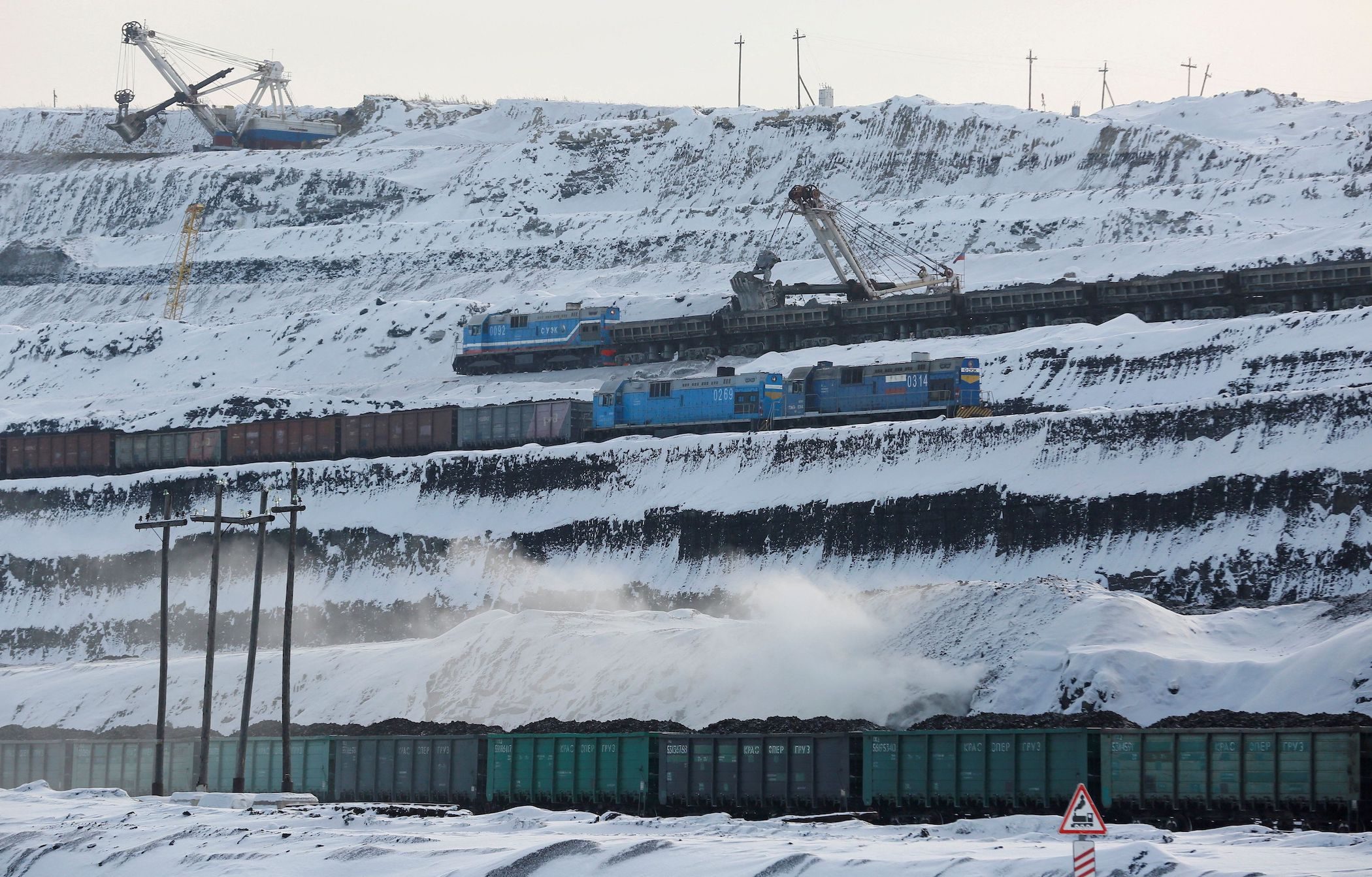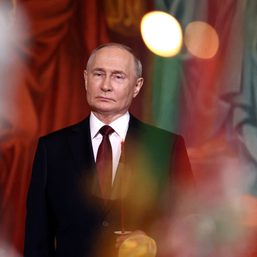SUMMARY
This is AI generated summarization, which may have errors. For context, always refer to the full article.

BRUSSELS, Belgium – In the early stages of sanctions drafting against Moscow, one idea gained traction in Brussels – a ban on the import of Russian coal – until the European Union’s biggest economy Germany struck it down, two sources told Reuters.
Before Russia invaded Ukraine, but was amassing troops, EU policymakers began in December to work on new sanctions and presented a first list of possible measures to EU countries in January.
It avoided most energy imports because of the EU’s dependency on Russian fossil fuels, especially gas and oil.
But it included a ban on coal, two European diplomats familiar with the plan told Reuters on condition of anonymity.
The aim was to show Moscow the EU was serious about energy sanctions, which are the most divisive because they directly hit the EU economy as well as the Kremlin, one of the officials said.
The measure would also have been in line with EU climate policy, which has long targeted coal as among the most polluting energy sources that must be phased out.
But Germany, the EU country most reliant on coal imported from Russia, objected, the officials said.
Germany’s permanent representation to the EU, which directly handles negotiations on EU sanctions, declined to comment on the matter.
When a first round of sanctions was approved on February 24, the day Russia began the invasion it describes as a “special military operation,” there was no sign of a coal ban.
It has also been absent from three successive rounds of EU sanctions that targeted Russian banks, oligarchs, steel, and defense.
As the EU edges towards securing alternative energy supplies, including through a deal on US gas, Germany could be shifting its position.
Germany’s Economy Minister Robert Habeck said on Friday, March 25, that Berlin had reduced its dependence on Russian coal and hoped to cease all coal imports by the autumn.
EU leaders have also discussed a ban on Russian oil, but countries, including Germany, have criticized that idea too and opposition to halting Russian gas imports, which provide around 40% of EU needs, is even less popular, officials have said.
In 2020, Berlin was by far the EU’s largest importer of coal from Moscow, especially thermal coal used to generate electricity, data from the EU think tank Bruegel based on statistics from Eurostat show.
The sources said that the idea for a coal ban was in its early stages when Germany blocked it. There had not been a formal document detailing import restrictions, but the issue had been made “crystal clear” to Germany, one source said.
In the bilateral talks that followed, Germany said it could not support that plan, the officials said.
“It was not a clear veto” from Berlin, one diplomat said, but “that was enough to keep it out of the proposed packages.” – Rappler.com
Add a comment
How does this make you feel?




















There are no comments yet. Add your comment to start the conversation.